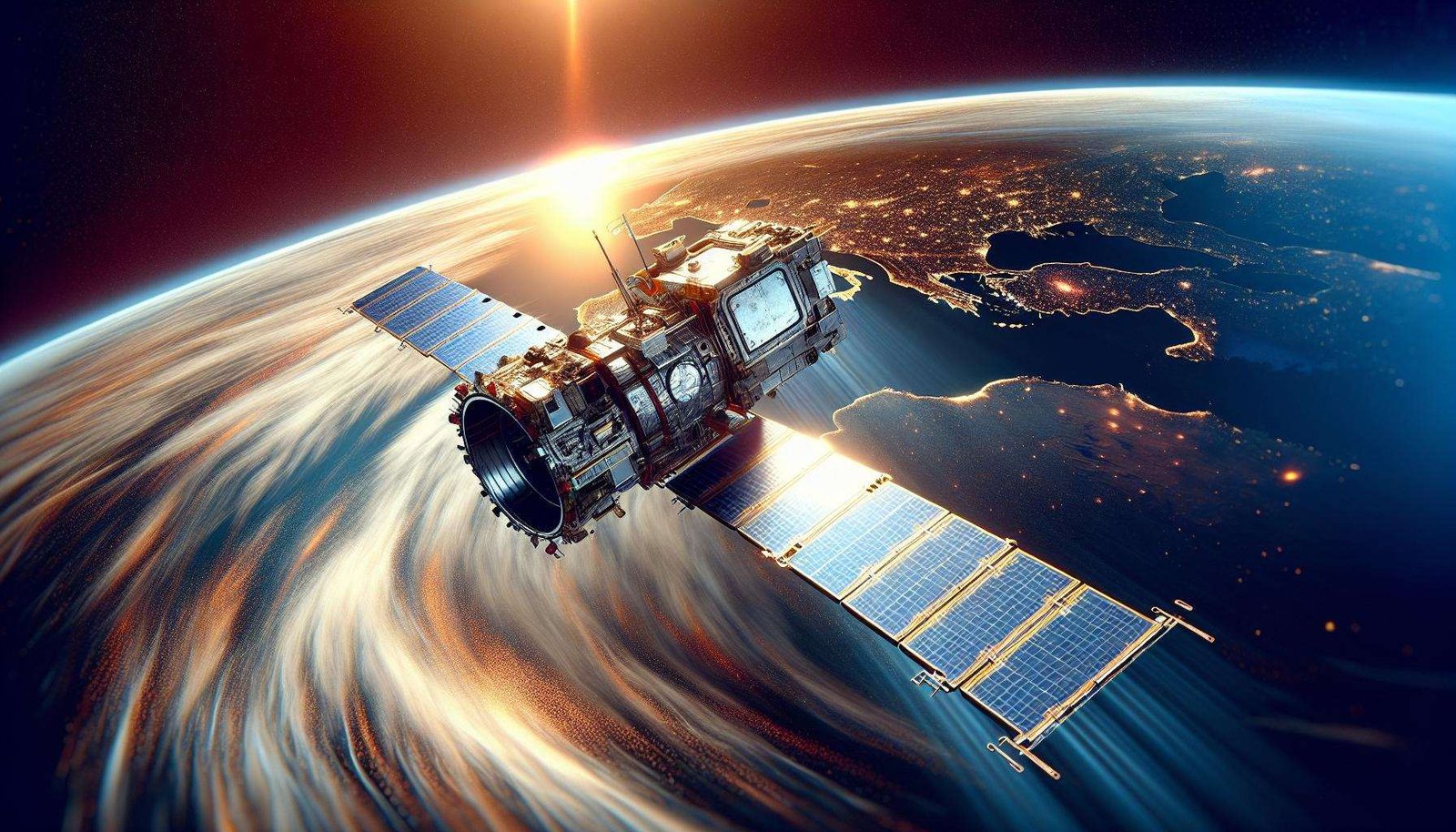
As if the news coming out of the White House wasn’t bad enough – in a controversial move, President Donald Trump ordered the decommissioning of climate satellites designed to monitor the Earth’s changing climate.
This decision has sparked widespread debate among scientists, policymakers, and the general public, given the crucial role these satellites play in tracking global climate changes. The satellites in question are primarily operated by National Oceanic and Atmospheric Administration (NOAA) and National Aeronautics and Space Administration (NASA). They provide essential data that helps scientists understand the Earth’s climate systems and inform environmental policies worldwide.
Why Satellites Matter in Climate Observation
Climate satellites act like Earth’s eyes in the sky, capturing detailed images and data about atmospheric conditions, sea levels, temperature variations, and other crucial environmental metrics. These satellites fly in precise orbits, allowing them to consistently capture data over time—a critical element in identifying trends in global warming, ice cap melting, and other climate indicators.
The information gathered supports scientific research that informs policies and helps governments and organizations prepare for events like hurricanes, droughts, and rising sea levels. According to the Intergovernmental Panel on Climate Change (IPCC), continuous satellite monitoring is essential in making reliable climate projections. Without these eyes in the sky, our understanding of climate dynamics would significantly diminish.
Trump’s Decision and Its Implications
During his administration, Trump has consistently expressed skepticism toward climate change science and its implications, leading to several policy decisions that critics argue undermined climate science. His order to decommission these satellites aligns with his broader agenda of rolling back environmental regulations, ostensibly to focus on economic growth and reduce governmental spending. (Let’s remember he also said that if we stopped counting Covid cases the problem would go away!!!)
However, decommissioning these satellites has significant implications risking creating data gaps that will hinder climate research and affect the accuracy of weather forecasts. “We depend on a continuous stream of data to accurately model weather predictions and track climate change,” notes a meteorologist from NOAA. Without reliable satellite data, preparing for severe weather events could become more challenging, potentially putting lives and property at risk.
Scientific Community’s Response
The scientific community has voiced strong opposition to Trump’s decision. Many scientists argue that cutting off data from these satellites is akin to turning a blind eye to crucial climate indicators at a time when evidence-based action is more critical than ever. NASA and NOAA have been pivotal in maintaining and advancing climate research through their satellite programs. A lapse in the data stream could set back climate science by decades.
According to a study published in the journal Nature Communications, long-term climate monitoring is fundamental for understanding climate change adaptations. Without it, policies may become reactive rather than preventative, thereby complicating efforts to mitigate climate-related impacts.
Political and Economic Considerations
In defense of his decision, Trump argued that decommissioning these satellites would save taxpayers millions of dollars (ignoring the billions and indeed trillions in damages we can expect from climate change).
He also suggested that the private sector could step in to fill the gaps left by governmental programs. However, critics point out that private companies may prioritize profit, potentially jeopardizing the objectivity and reliability of the data. Additionally, the transition to privately managed satellites might not be immediate, leading to a loss in valuable climate data during the interim.
The decision also has international implications. Many countries rely on American satellite data for their climate models and forecasts. This move may strain diplomatic relations, especially with nations committed to global climate agreements like the Paris Agreement.
Future Prospects and Global Impact
The decommissioning of these satellites highlights the broader challenge of how politics intersects with science. As climate change transcends borders, data from NOAA and NASA hold unparalleled significance globally. Other countries with their own satellite programs may try to step in, but none match the comprehensive coverage that American satellites provide.
Environmental groups and some policy makers argue for increased investment in climate science and technology. President Joe Biden’s administration has indicated a shift in this direction, focusing on green technologies and reinstating climate agreements. However, rebuilding these systems requires time, effort, and public support.
While Trump’s decision created waves, it has also invigorated climate advocacy, encouraging scientific communities and policymakers worldwide to strengthen collaboration and reaffirm their commitment to tackling climate change. As we look to the future, maintaining a robust satellite climate monitoring system remains a key priority for global environmental resilience.
For more detailed insights into current smart energy solutions that could offset the effects of reduced satellite data, consider reading this relevant article.
In this complex matrix of technological capabilities, scientific research, and policy decisions, the role of climate satellites cannot be overstated. They are an indispensable tool in our ongoing effort to understand and combat climate change, and any step taken to hinder their operation calls for serious consideration and dialogue.
For further reading, this detailed article offers additional perspectives on the integration of technology and policy in environmental sustainability.
As we strive for more sustainable practices, a balanced approach that includes robust scientific data and comprehensive policy support will be essential. It is crucial to monitor how these decisions unfold and affect the future of climate science and our global environment.
For more information on climate-related policy changes and their implications, visit this detailed article.
This is the reference link: Trump’s Decision on Climate Satellites
The post Trump’s Decision to Decommission Climate Satellites: Implications and Reactions appeared first on Green.org.














